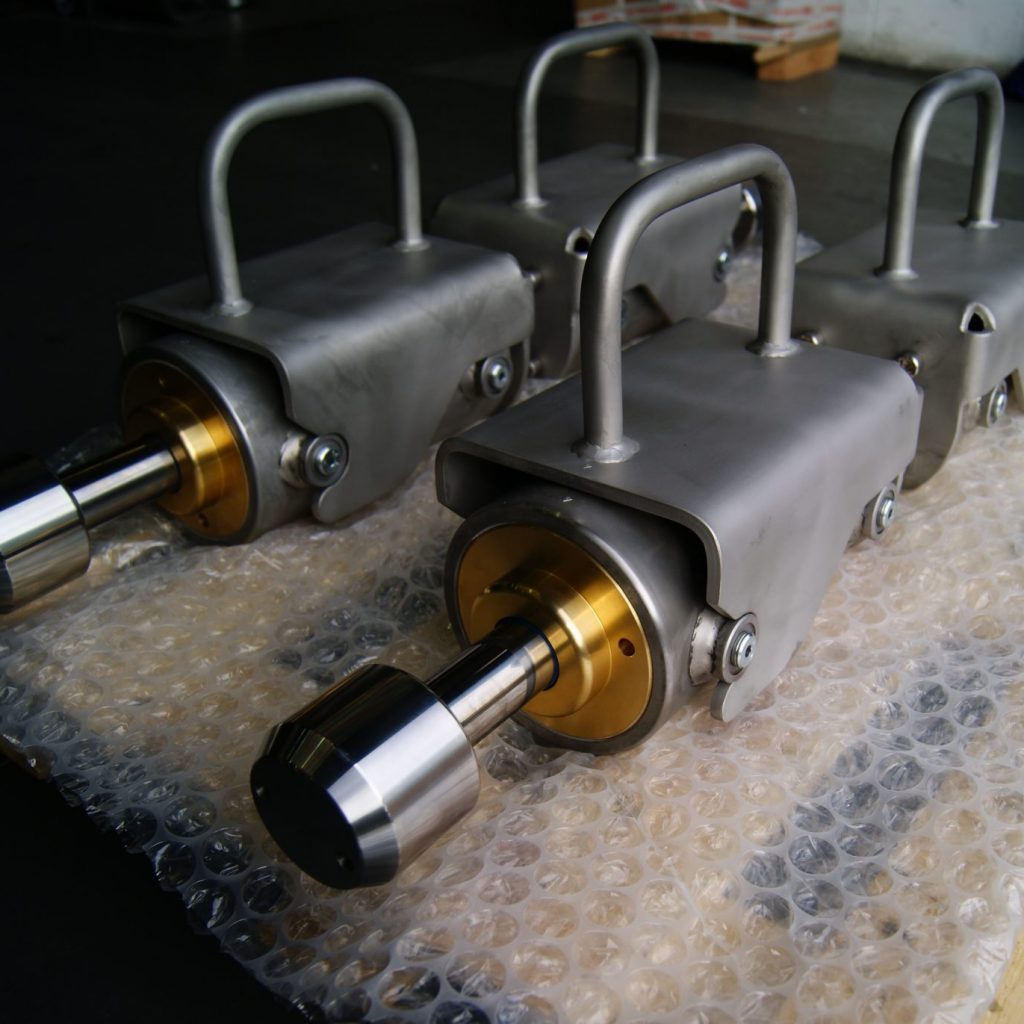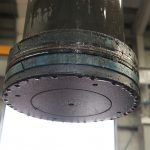Contamination in hydraulic fluid is one of the most common causes of hydraulic system failures. When designing a new Hydraulic Power Unit, a primary focus will be in ensuring contamination is controlled within the system. There are a number of effective ways that contamination can be controlled.
Designing a system
A new system design should have filters built in – this will include a suction filter that cleans the oil going into the pump, to protect the pump. This oil will go through the pressure lines and then be filtered again by return filters. This filtration happens at speed and pressure. If these filters become blocked they are bypassed, leaving the components vulnerable to contaminated oil. Therefore, having additional means of contamination control is also important.
Keeping seals in good condition
Using the correct seal (and keeping seals in good condition) is critical in preventing contamination. Seals should be checked regularly and changed as part of routine hydraulic maintenance. There are a large range of seals for hydraulic cylinders; including double seals and seals made from specialist materials, which can be selected to be more durable and longer lasting. It is important for designers to consider which seal is best suited to a specific hydraulic system.
Using the right cylinder rod coatings
Once a cylinder rod becomes cracked or scratched, it will start to shed small chips into the hydraulic system. It will also allow particles of dust and dirt from the environment to enter the hydraulic fluid. Having the correct rod coating can ensure that a cylinder rod remains intact for longer. The ideal coating will depend on the environment in which it is used, what the application does and the contaminants that it is exposed to. For example, cylinders exposed to sea water or particularly acidic conditions will need to have a coating that not easily corroded by these environments.
Cylinders working in particularly corrosive environments, such as underground mining or exposed offshore conditions may require a coating such as COREX. At around double the hardness of Hard Chrome Plating, with extreme hardness up to 1400 Hv and a wear rate of (ASTM G65 B) < 4.0 mm3 <0.00061 inch³, this can be an ideal solution for cylinders that are exposed to high levels of salt or other corrosive materials.
Careful maintenance
Maintenance must be done carefully and by trained and qualified engineers. An error such as leaving the lid off the hydraulic reservoir can create huge amounts of contamination in a short space of time. The area must be free of dust and dirt when parts are checked or changed to avoid dirt entering the system. Ensure that the workspace is clean when parts are inspected – or else remove the whole cylinder and send it away for maintenance.
Selecting the right hydraulic fluid
If properly filtered, it is not actually necessary to change hydraulic fluid on a regular basis. It should, in fact, be able to last for the lifespan of the system. An oil change does not automatically mean clean oil, as often hydraulic fluid can come out of the barrel at NAS 8 or 9. This is not clean enough for high specification systems that use proportional control valves or other precision components within the system. If systems are not in place to keep the oil clean, then the oil can quickly become more contaminated. Bypass filtration units (described below) can clean this oil down to NAS 4 or 5.
Bypass filtration units
Filtration is the cornerstone of contamination control. As explained earlier, built in filters are not always optimal.
While all hydraulic systems will have filters built into the system, these can become blocked quickly (if other decontamination methods are not adhered to) and then the filters can be costly to replace. The costs and downtime involved can sometimes lead to companies replacing them less frequently than required. Although this may be tempting, it is a false economy, as the delay can lead to complete machinery break down.
Bypass filtration units can be added to existing hydraulic systems and is becoming a more common method of controlling contamination, particularly in factory machinery. The filters can be replaced regularly, with no downtime. This keeps oil clean and helps to prevent machinery breakdown.
For further information about bypass filtration units or other aspects of contamination control in hydraulic cylinders, contact Apex Hydraulics.
Related Products
The following products were utilised as part of this project. For more detailed information on these products, click on an image below…





